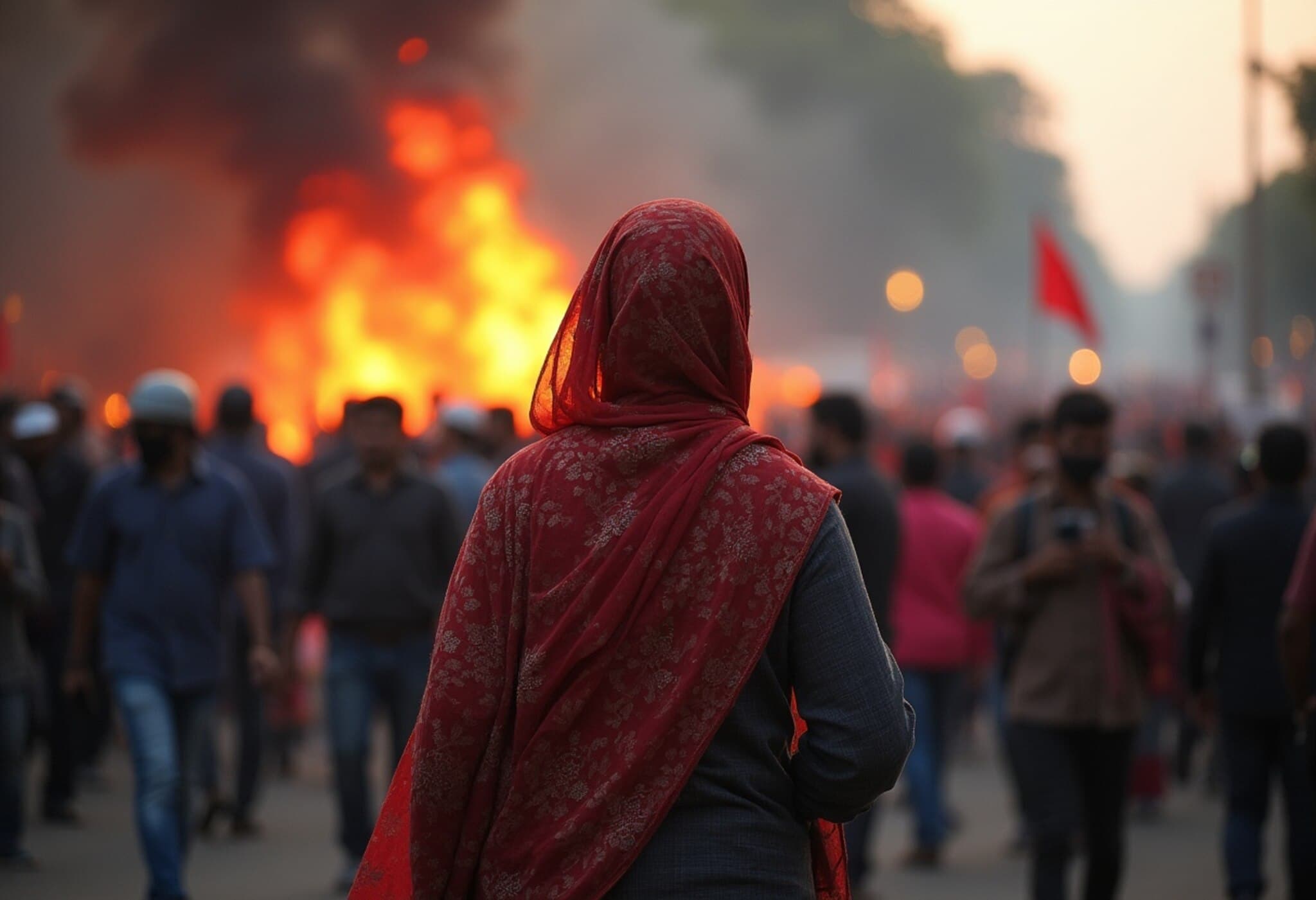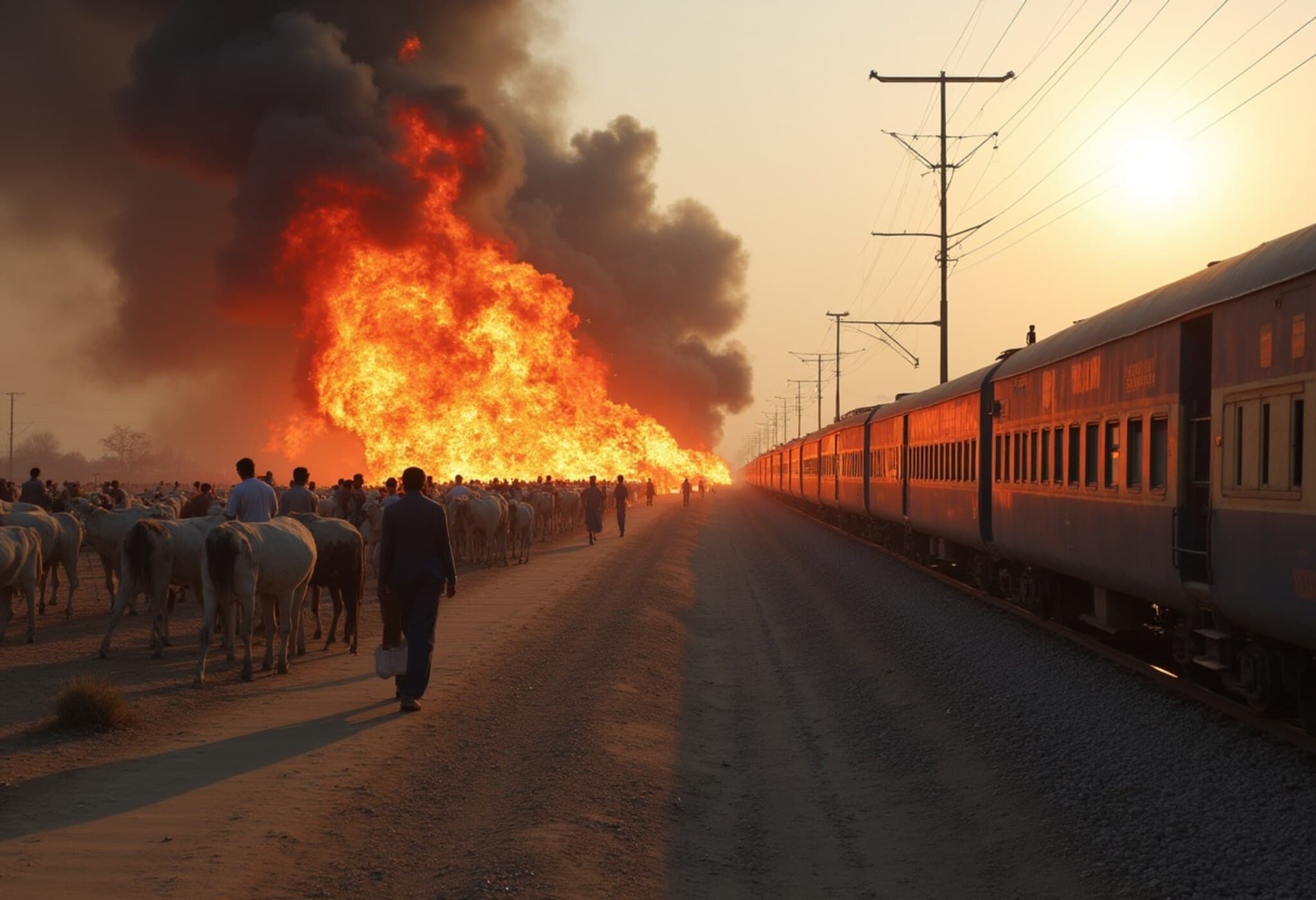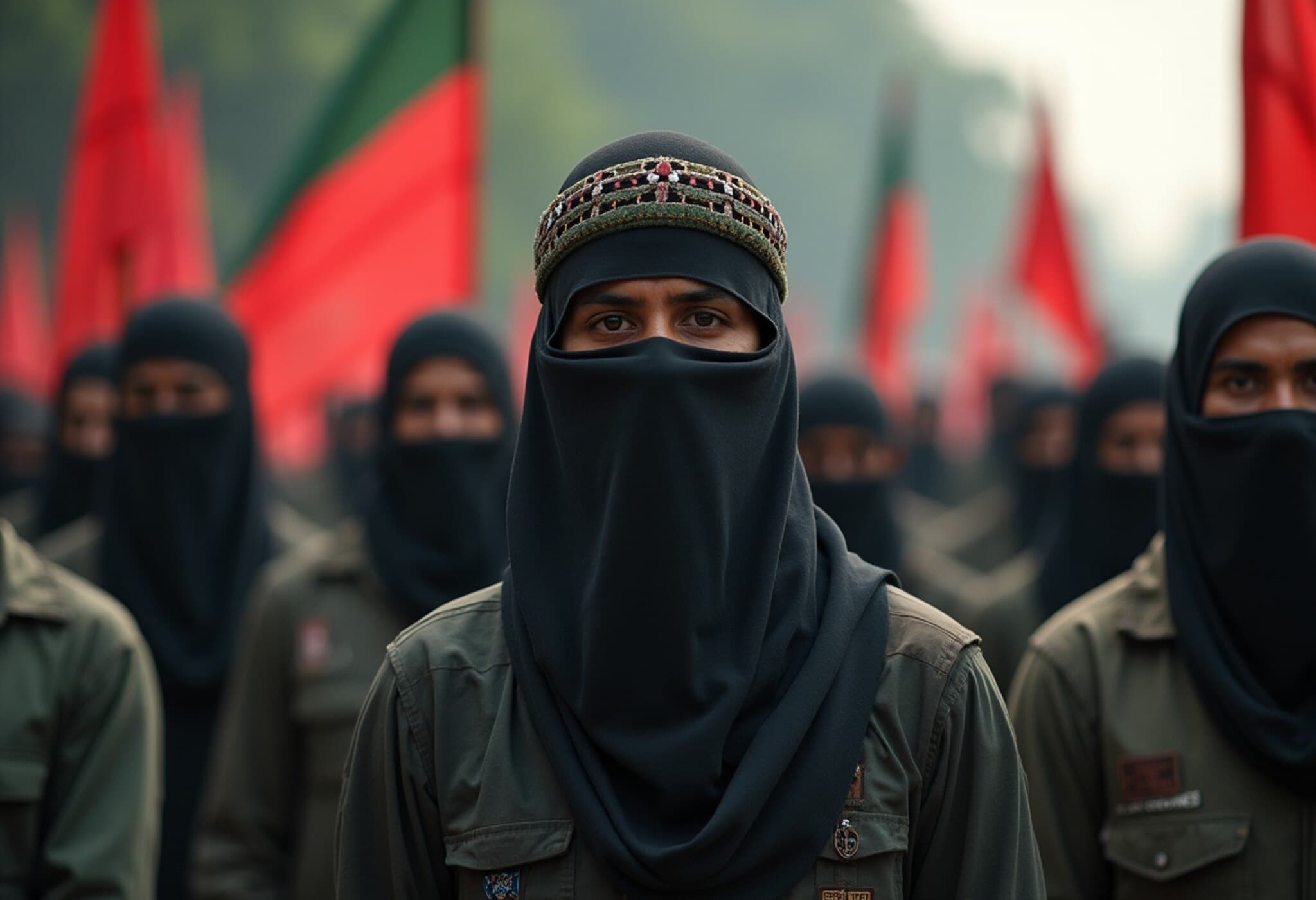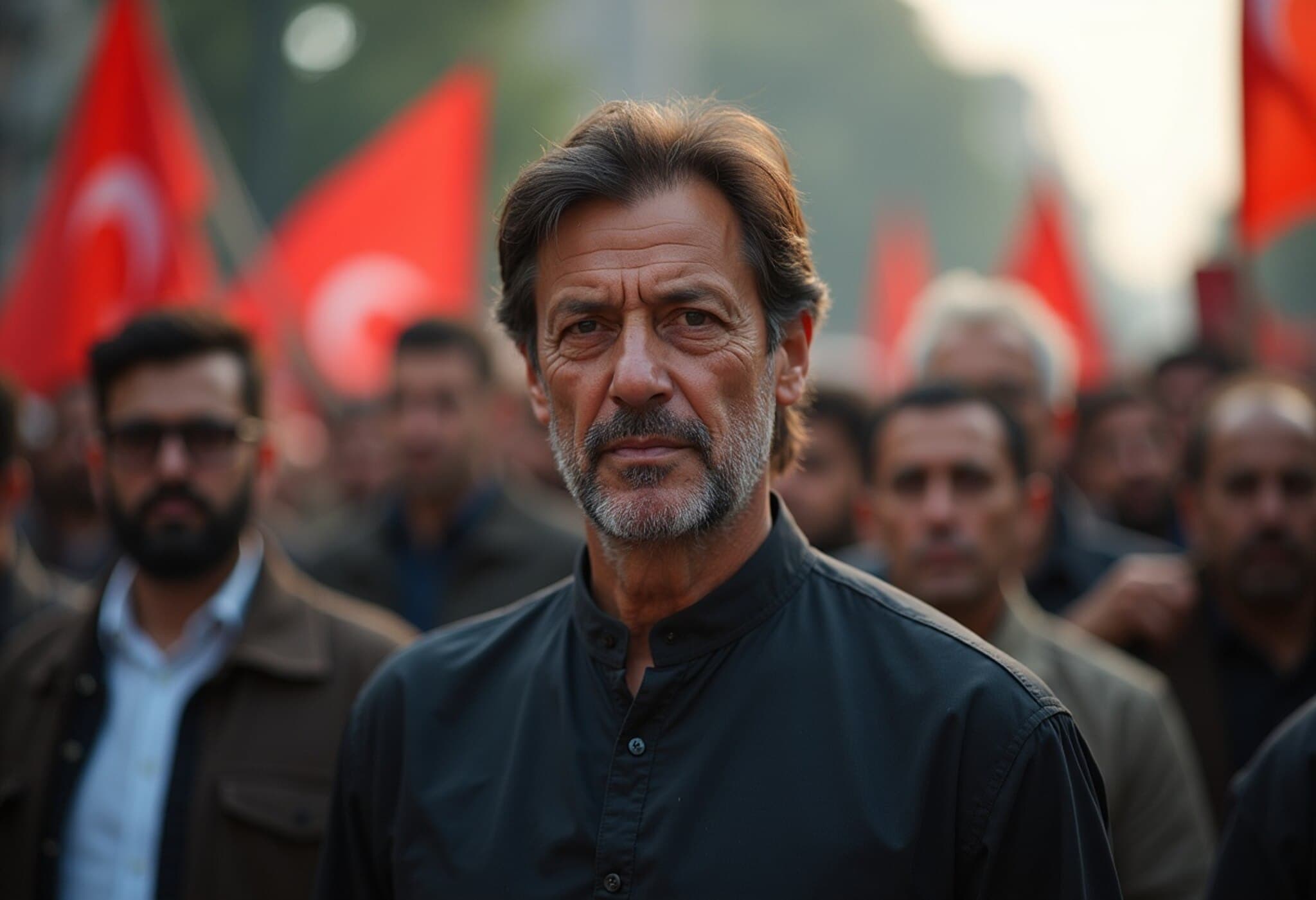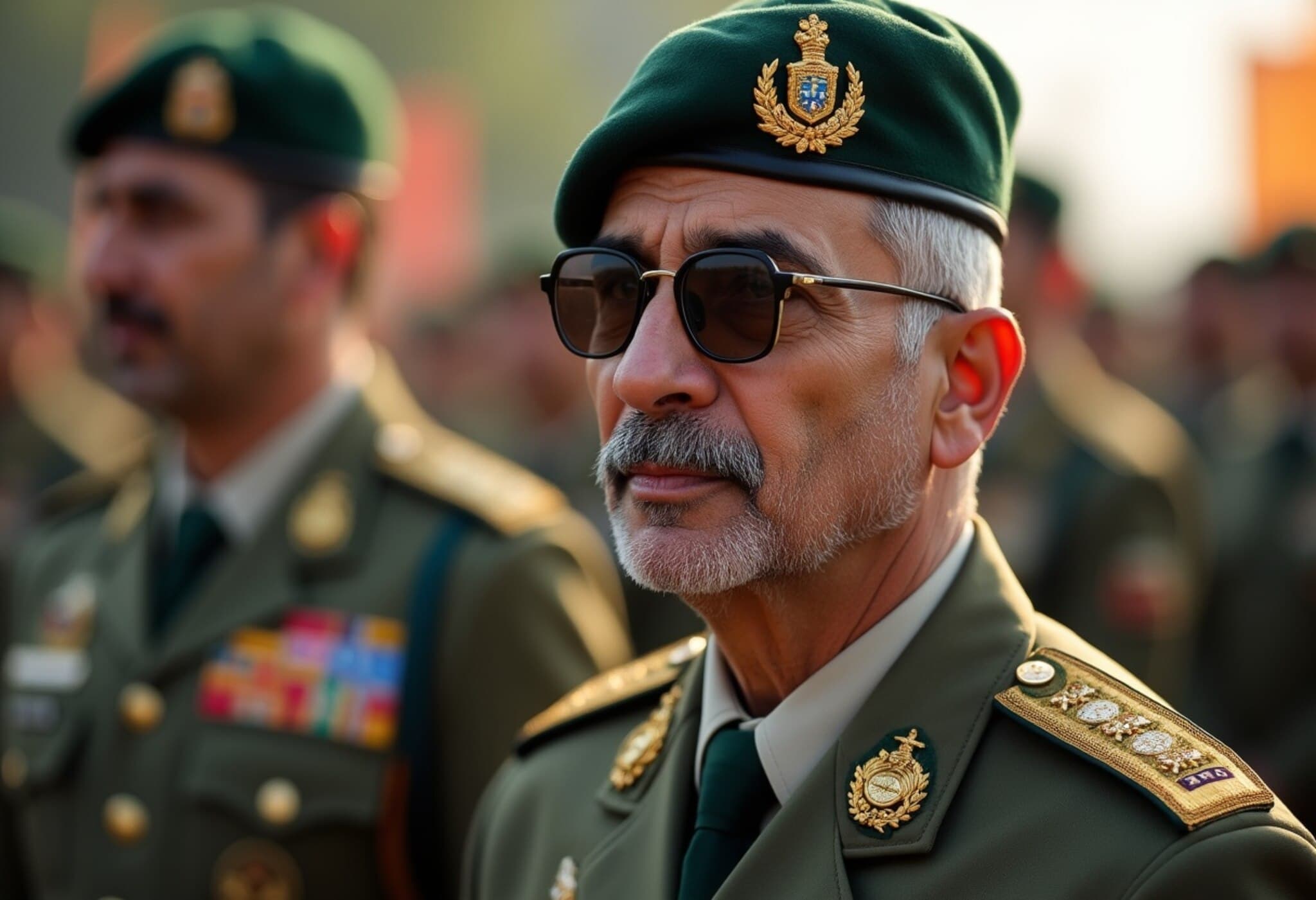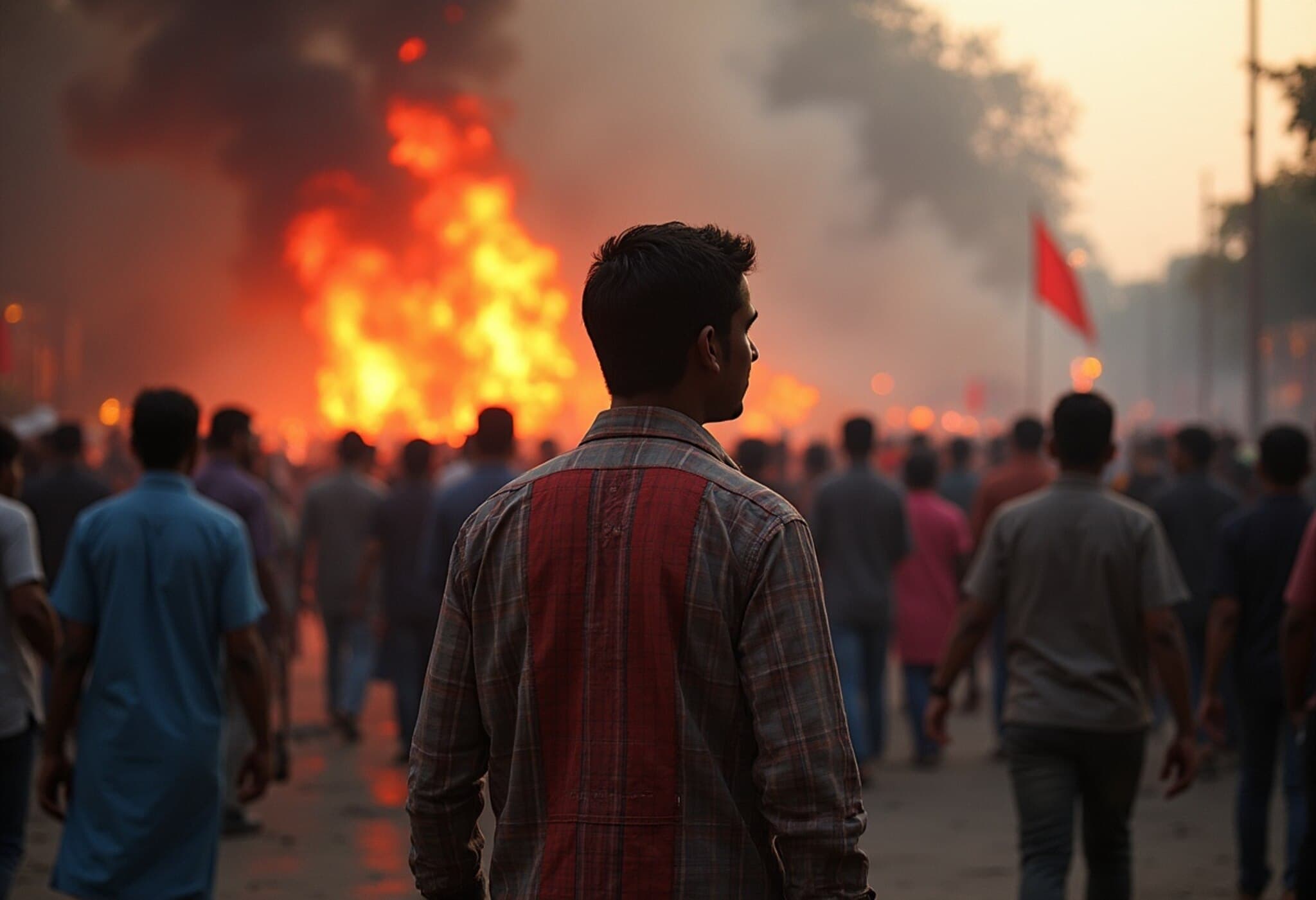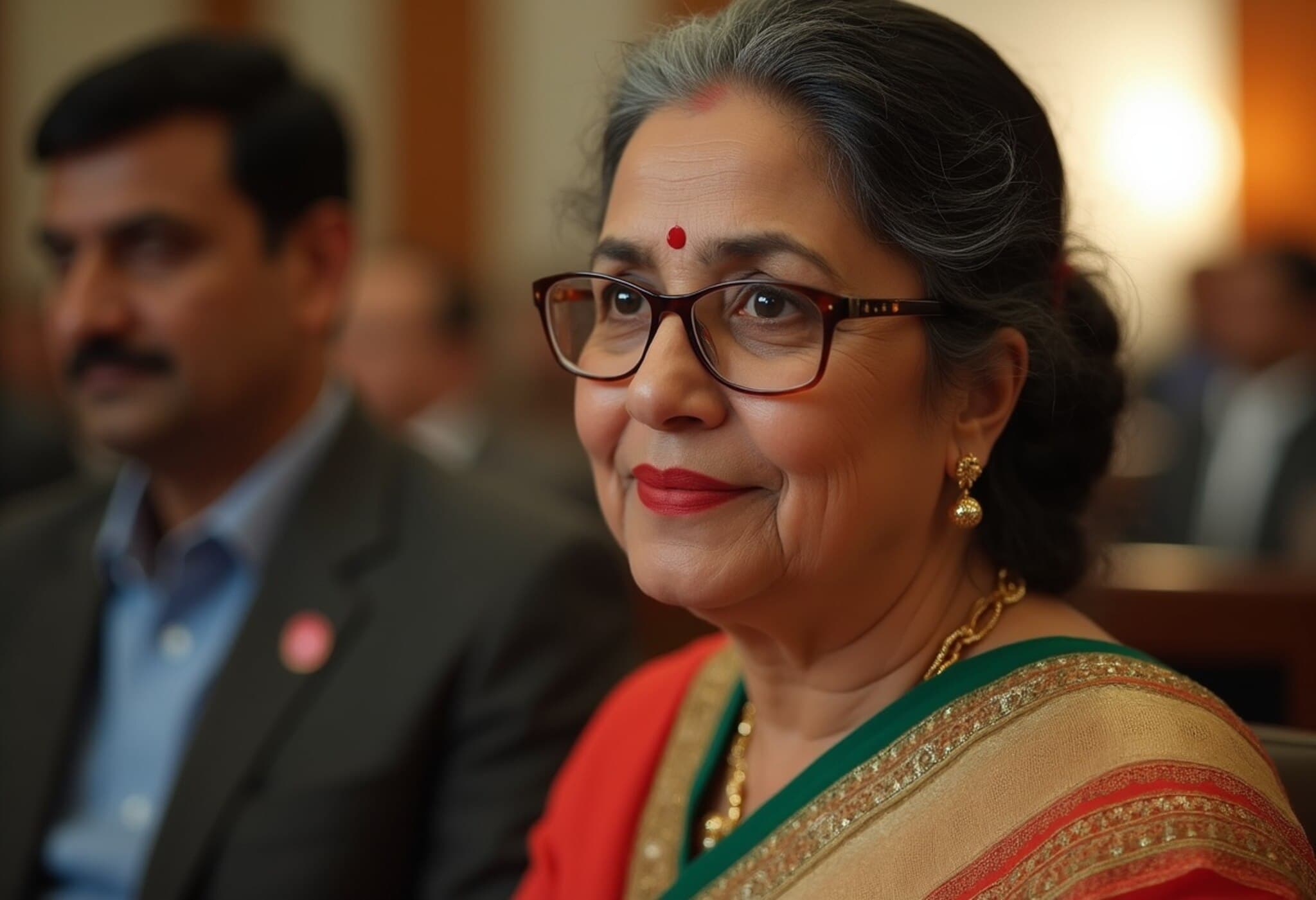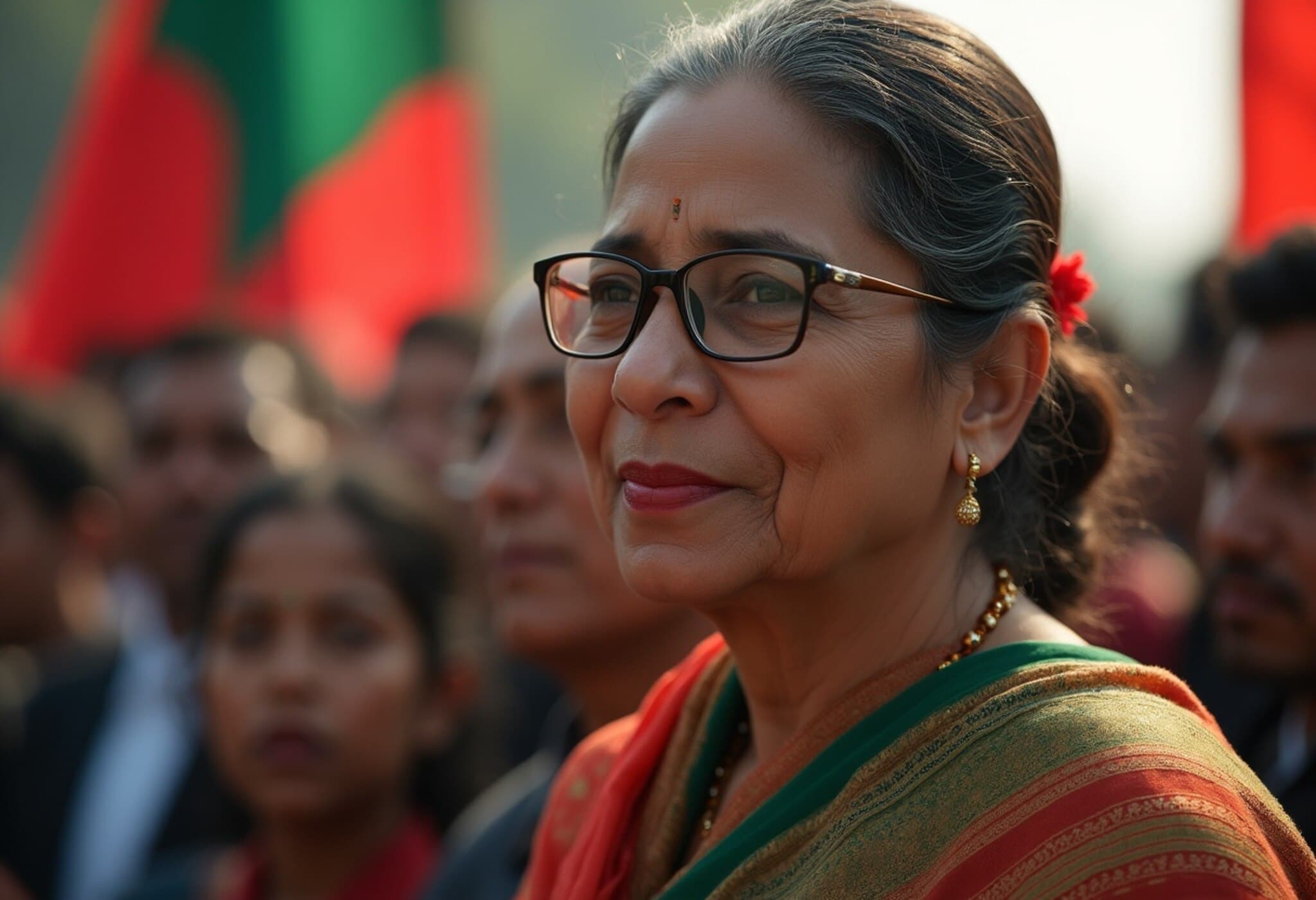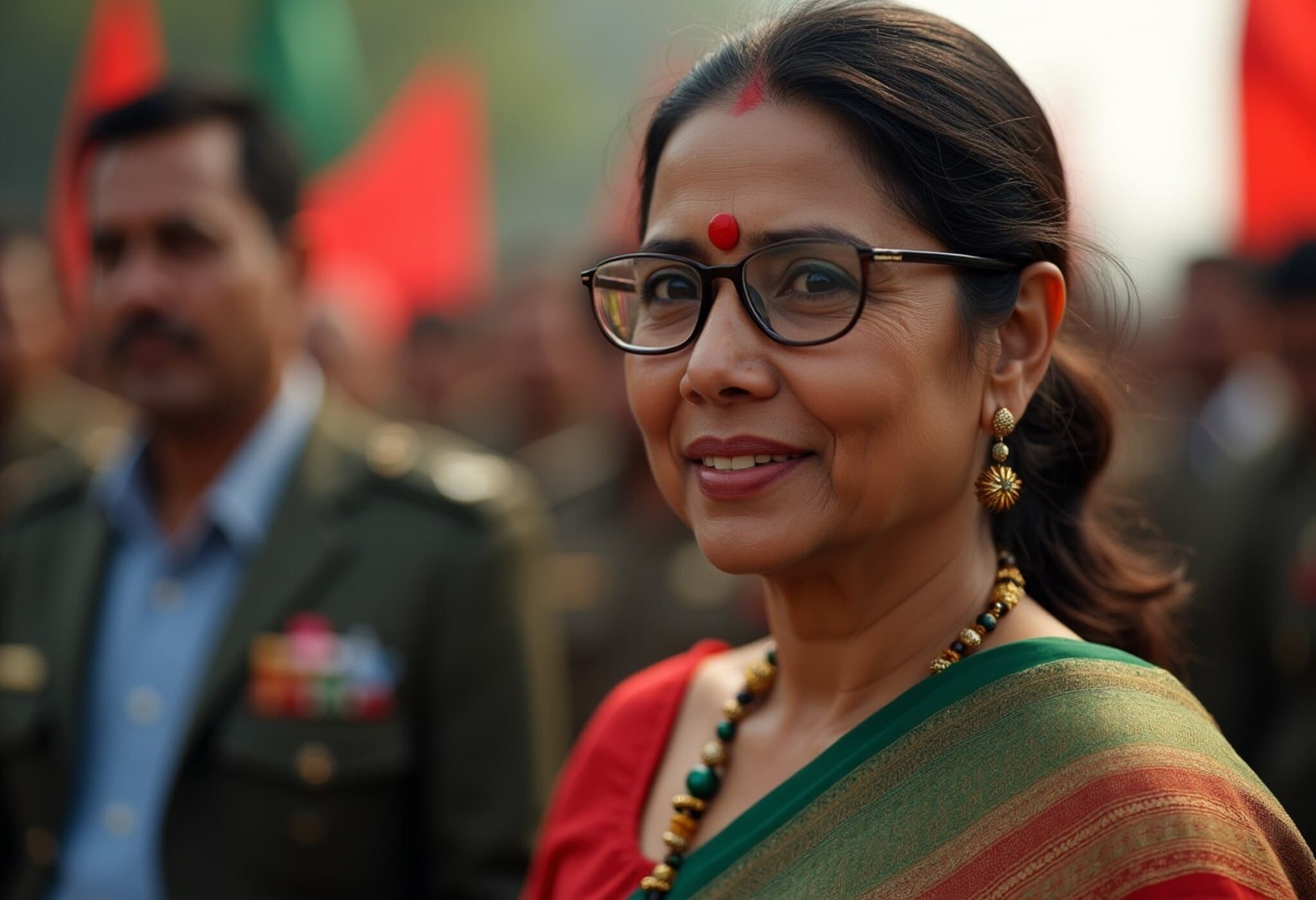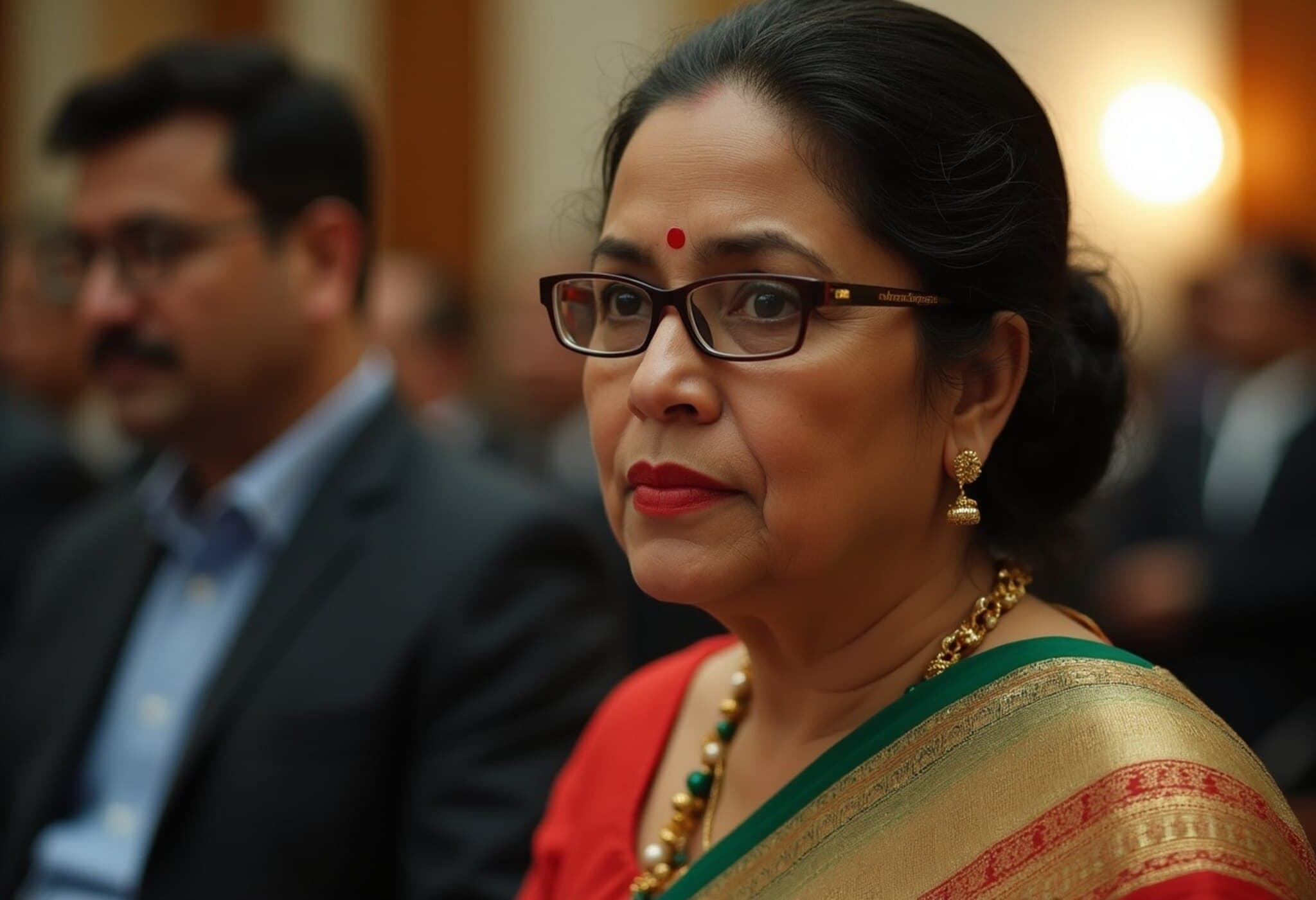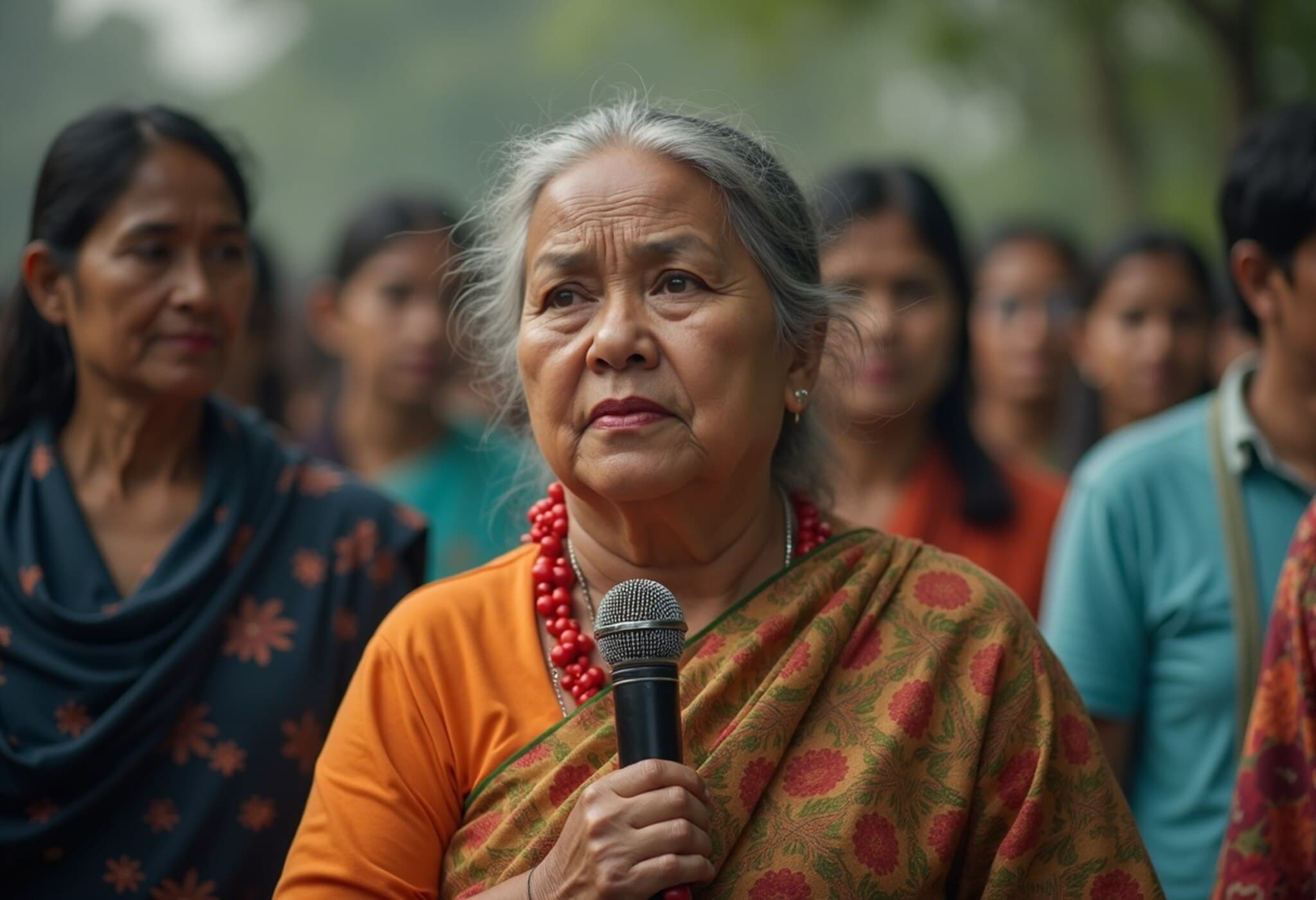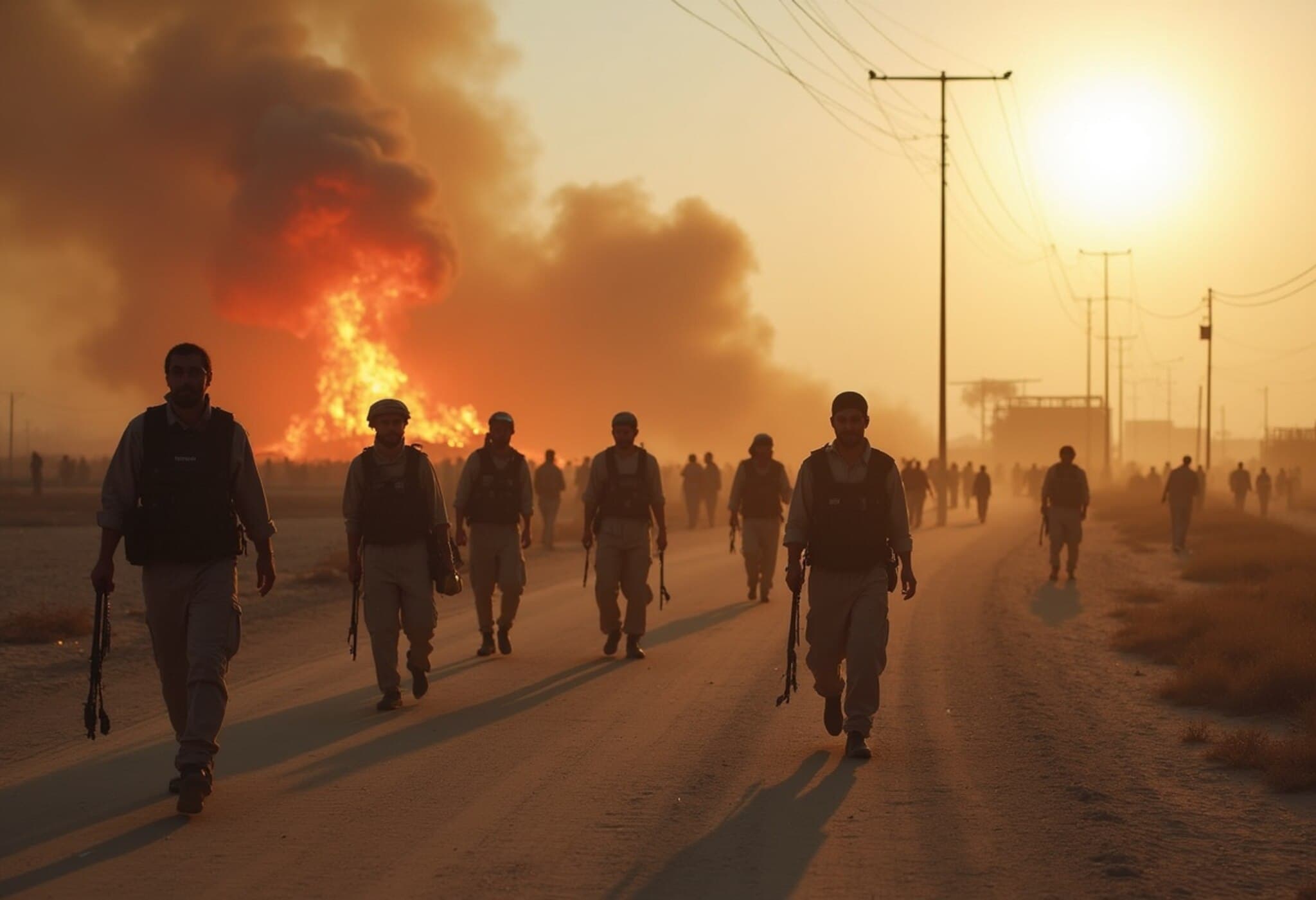Fatal Violence Erupts at NCP Rally in Gopalganj, Bangladesh
GOPALGANJ, Bangladesh — The serene district of Gopalganj, known as the hometown of former Prime Minister Sheikh Hasina, was rocked by violent unrest on July 16, 2025, after clashes at a National Citizens Party (NCP) rally left at least four dead and more than 15 injured. The incident marks a significant escalation in Bangladesh’s volatile political landscape ahead of its upcoming elections.
Details of the Deadly Incident
The violence unfolded during an NCP rally in the municipal park area of Gopalganj town, as the party’s convoy returned from the event near the Gopalganj Government College launch ghat. Eyewitnesses and local authorities reported that tension had been simmering since early afternoon, with separate attacks documented before the rally began around 1:30 pm local time.
Dr. Jibitesh Biswas, Superintendent of Gopalganj General Hospital, provided a somber account: “We have confirmed the deaths of four individuals and are currently treating over 15 others, three of whom are in critical condition.” The victims have been identified as Dipto Saha (25), Ramzan Kazi (18), Sohel Rana (30), and Imon (24) — young residents from various localities within the district, underscoring the personal toll of political unrest on the community.
Immediate Government Response: Curfew and Exam Postponements
In an urgent move to quell the violence and restore order, District Commissioner Md Kamruzzaman enacted a curfew under Section 144, effective from 8:00 pm on July 16 until 6:00 pm the following day. This strict restriction aims to prevent further escalation in a district already bracing for instability.
One direct consequence of this unrest has been the postponement of critical academic examinations—HSC, Alim, and HSC (Vocational)—in the Gopalganj district. Announced late Wednesday night, the decision reflects the administration’s prioritization of public safety over scheduled educational activities amid the turmoil.
Political Fallout and Accusations
The National Citizens Party, visibly shaken, issued a strong condemnation of the attacks. At a press conference in Khulna, NCP Convener Nahid Islam accused armed individuals affiliated with the Awami League of orchestrating the assault. Islam claimed that the violence was a targeted attempt on his life as his motorcade was attacked while traveling towards Madaripur.
The NCP’s rhetoric signals a deepening political divide in Bangladesh, with the party planning to continue its campaign, launching another rally in Faridpur as part of a broader month-long programme.
Wider Political Repercussions
Beyond the immediate tragedy, the incident attracted swift condemnation from various political stakeholders. The press wing of Bangladesh’s Chief Adviser Muhammad Yunus branded the attacks as “utterly indefensible” and vowed that justice would be pursued rigorously. Opposition parties, including BNP and Jamaat-e-Islami, also expressed solidarity with the victims and condemned the violence, highlighting the broader destabilizing effects on the nation’s political fabric.
Context and Implications
Gopalganj holds symbolic importance as Sheikh Hasina’s birthplace, often considered a stronghold of political support for the Awami League. The eruption of violence here is particularly significant, revealing fractures not just between political factions but also within communities that are usually seen as loyalist bases.
For policy analysts and observers of South Asian politics, these events highlight the dangerous intertwining of political rivalry with street-level violence—a persistent challenge for democratic stability in Bangladesh. The government’s swift imposition of curfew and exam postponements demonstrates attempts to maintain order but also raises questions about civil liberties and the impact on daily life.
- Expert Insight: Political violence around rallies often serves as a grim barometer of deeper societal tensions in Bangladesh. Analysts warn that unless political leaders engage in dialogue and de-escalate rhetoric, such incidents could proliferate, jeopardizing electoral integrity and public trust.
- Regional Relevance: As Bangladesh prepares for national elections, violence in politically sensitive districts like Gopalganj could signal troublespots that international observers and policymakers should monitor closely.
What Lies Ahead?
The deaths and injuries at this rally cast a shadow over Bangladesh’s democratic processes, emphasizing the urgent need for credible conflict resolution mechanisms and robust protection for political activities free from violence. The coming days will test how the government balances security with rights and whether political rivals can curtail hostility to ensure peaceful civic engagement.
Summary Box: Editor’s Note
Bangladesh’s political landscape is at a critical juncture. The violent clashes in Sheikh Hasina’s own district underscore the fragile nature of political harmony and the human cost of partisan strife. Moving forward, the nation must confront how entrenched political rivalries threaten not just democratic institutions but community cohesion and public safety. Readers are encouraged to watch how unfolding events in Gopalganj influence the broader electoral environment—and reflect on the role of political accountability in preventing such tragedies.

